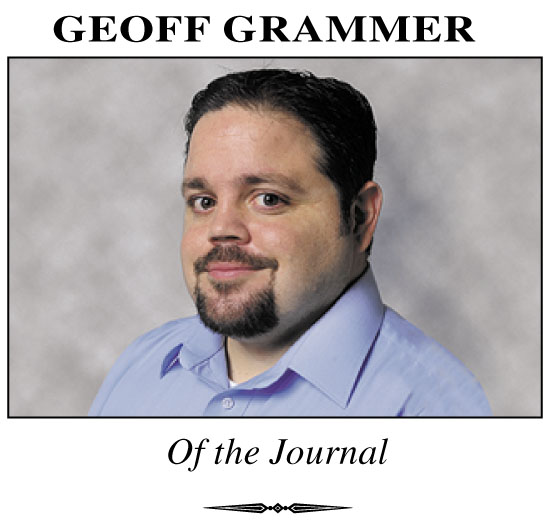
DOC 1-9-20
Steve Lindly, Deputy Director for the Wyoming Department of Corrections (WDOC), has retired after nearly 40 years with the State of Wyoming.
Lindly began his career with the state in 1980 working with juvenile and adult offenders in Casper and Laramie under what at that time was known as the Department of Probation and Parole. In 1992, portions of that department merged with the Wyoming Board of Charities and Reform to become the WDOC. Lindly was in charge of the Field Services Division as an Administrator until being appointed WDOC Deputy Director in 2004.
Over the years Lindly worked in a wide variety of areas to help both offenders and staff improve their lives and be successful. He has been a leader in promoting, developing and successfully implementing offender treatment and reentry programs. His leadership at the WDOC has been a critical element in changing the views of policymakers and the public about the importance of treating substance abuse among the offender population.
Lindly was among the first in the state to recognize the need to provide substance abuse treatment as a mechanism for reducing future criminogenic risk. He was actively involved with the authors of Reclaiming Wyoming: A Comprehensive Blueprint for the Prevention, Early Intervention and Treatment of Substance Abuse, Wyoming’s first comprehensive plan to address this issue. Recommendations in that report were used in 2001 as a basis for House Bill 82 which established the state’s Drug Court program that provides community-based treatment service alternatives for offenders prior to incarceration. Further recommendations from the blueprint document were implemented in 2002 under House Bill 59 which authorized funding for a 100-bed secure residential treatment facility. The Addicted Offender Accountability Act, which expanded substance abuse treatment alternatives for criminal offenders, was also created under that legislation.
Looking back, Lindly recalled his early days when Wyoming was doing some of the leading work in the country to develop case programming and other evidence based best practices. Much of that work, he said, has been built upon and brought into the present.
According to Lindly, one of the most worthwhile department and community-wide projects he’s been part of was a four-year reentry program known as Transition from Prison to Community, a national model that encourages strategic system changes to reduce recidivism and future victimization, to enhance public-safety, and to improve the lives of communities, victims, and offenders.
Additionally, Lindly put in considerable work with the legislature to reform Wyoming’s sentencing and corrections policies through the Justice Reinvestment Initiative, a public-private partnership that includes the U.S. Justice Department’s Bureau of Justice Assistance, The Pew Charitable Trusts, the Council of State Governments Justice Center, and other organizations. “I’ll miss those efforts and their intent to improve the criminal justice system,” Lindly said.
Lindly noted that the department has faced an ebb and flow of challenges over the years due to budget constraints, lack of community housing for staff and offenders, and difficulties recruiting and retaining employees. In spite of those difficulties, he feels the department has been able to maintain an overall positive trajectory of success in implementing sound correctional approaches.
“We’re fortunate in Wyoming in a lot of ways,” Lindly said. “Our criminal justice system is small enough where you get to know the people and can get them together in the same room and make some positive accomplishments. That becomes harder and more complicated in a bigger system because of all the people involved.”
Lindly was highly regarded for his thoughtful management style and personable nature. Staff enjoyed his dry sense of humor and storytelling. He maintained a simple philosophy of “Work hard, be kind.”
In recent years he had a key role in developing the department-wide “Response-Ability” program which focused on components such as mentoring, training and leadership development for staff. Lindly believes that emotional intelligence – a person’s ability to identify and manage one’s emotions as well as the emotions of others – plays a significant role in job satisfaction and positive morale.
“I think I’ve kept from getting cynical and largely hung on to the values I started with,” Lindly said. “I’ve always found it important to be able to find meaning and set goals centered on the components of family, work, spirituality, outdoor activities and volunteer work. Those are the things that have kept me grounded, and I’ll continue to focus on those things after I retire.” Lindly said he was looking forward to spending time with his active family, travelling, cross country skiing and helping out in the community.
Reflecting on his career, Lindly feels fortunate things worked out the way they did. “I’m happy I was able to stay in Wyoming with the same organization for so many years,” he said, adding, “On the whole it’s been a great group of people I’ve been able to work with. I’m proud of the work we were able to do.” “I define success as being content with your path and I feel I’ve accomplished that,” Lindly concluded. “I did the best I could and don’t have any regrets. It’s been a good run.”



